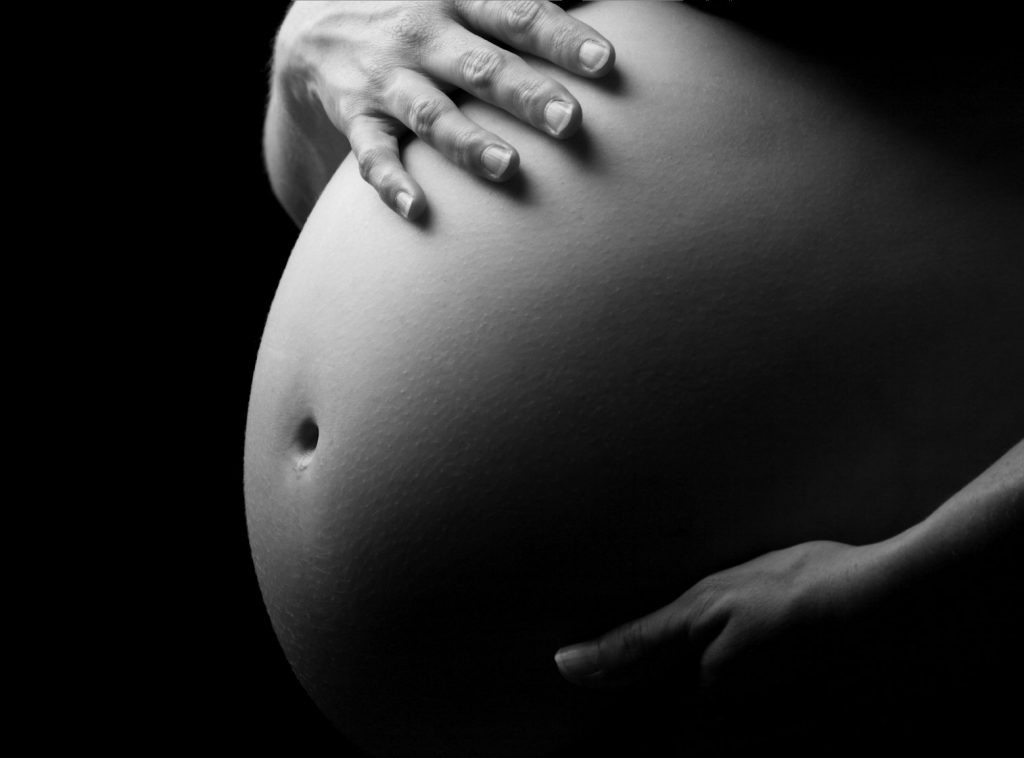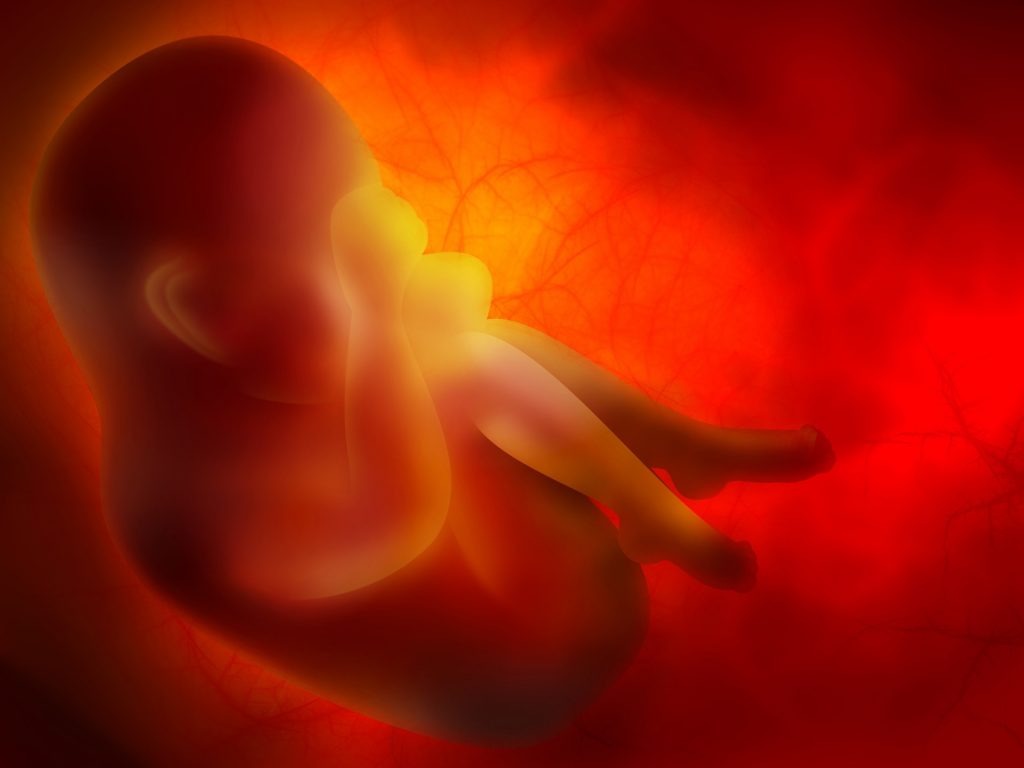
Placental abruption or Abruptio Placentae causes due to separation of the placenta from the uterine lining. Usually occurring in the third trimester, the condition is even possible at any time after the 20th week of pregnancy. Anyway, there are successful treatments available depending on the type of separation and only about 1% of the pregnant women is subjected to placental abruption.
The symptoms of placental abruption include one or more of the following:
Only 20% of the vaginal bleeding is caused by placental abruption. Other causes for vaginal bleeding could be placenta previa. Therefore make sure to report the doctor about the vaginal bleeding.

The placenta is the major support system of the baby, which transfers oxygen and nutrients to the baby. When placental abruption takes place, the placenta gets separated from your uterine lining before labor and interrupts the transportation of oxygen and nutrients to the baby. Placental abruption is usually diagnosed after birth, after the proper examination of the placenta. There are a few methods to make this diagnosis during pregnancy to provide a proper treatment which includes:

Treatment depends on the severity and location of the separation and the age of the pregnancy. The separation can be either partial or complete and the treatment is decided based on different degrees of separation which do have an impact on the type of treatment. In case of partial separation, bed rest and close monitoring are usually recommended if the pregnancy has not reached maturity. Based on the severity, transfusions and other emergency treatment may be needed as well.
In case of a total or complete separation, delivery is often chose as the safest and the best course of action. If the fetus is in stable condition, vaginal delivery may be considered as an option. If the fetus is in distress or if the mom is experiencing severe bleeding, then a cesarean delivery is usually required. Unfortunately, there is no treatment present to stop the placenta from detaching and there is no way to reattach it. Placental abruption may lead to premature birth and low birth weight and even fetal death in severe cases.
The causes of placental abruption are not completely known. However, women may be at risk due to the following reasons,
Inform the health care provider immediately once you experience bleeding in your third trimester. The outcome of a placental abruption diagnosis can be improved by a fast and accurate treatment.
It is the most powerful creation to have life growing inside of you.There is no bigger gift